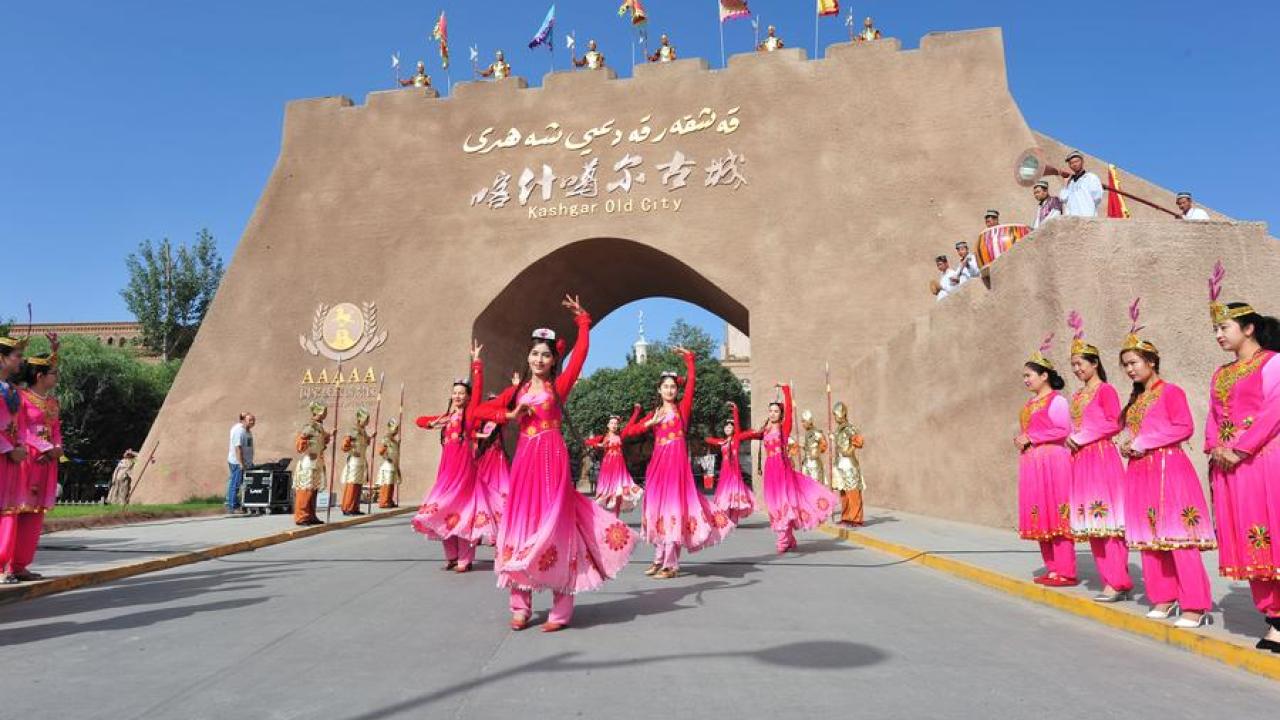
Event Date
The intense campaign of internment, imprisonment, surveillance, birth suppression, forced labor and cultural erasure by the Chinese Communist Party in Xinjiang since 2017 has drawn international attention to the plight of Uyghurs and other non-Han natives of Xinjiang and brought on international sanctions and determinations of crimes against humanity and genocide by some international organizations. Though it stands out for its acuity, however, the current crisis proceeds against the background of seven decades of heteronomous rule by the Han-dominated CCP since the PRC annexed the region in 1949. As such, academic discourse is increasingly speaking of Xinjiang (and Tibet, Mongolia, Hong Kong and Taiwan) as PRC cases of colonialism.
This talk will offer an overview of the crisis, survey where things stand now in the Uyghur region, and consider how "Xinjiang-ization" has become a term applicable not only to former Qing territories, but even to such Chinese heartland cities as Shanghai and Beijing.
James A. Millward 米華健 is Professor of Inter-societal History at the Walsh School of Foreign Service, Georgetown University, where he teaches Qing, Chinese, Central Asian and world history. He occasionally also teaches in the program of the Máster Oficial en Estudios de Asia Oriental at the University of Granada, Spain. Millward is the academic editor for the "Silk Roads" book series published by Chicago University Press, and former president of the Central Eurasian Studies Society.
Millward’s specialties include Qing empire; the silk road; Eurasian lutes and music in history; and historical and contemporary Xinjiang. He follows and comments publicly on current issues regarding Xinjiang, the Uyghurs and other native Xinjiang peoples, PRC ethnicity policy and PRC-US relations.